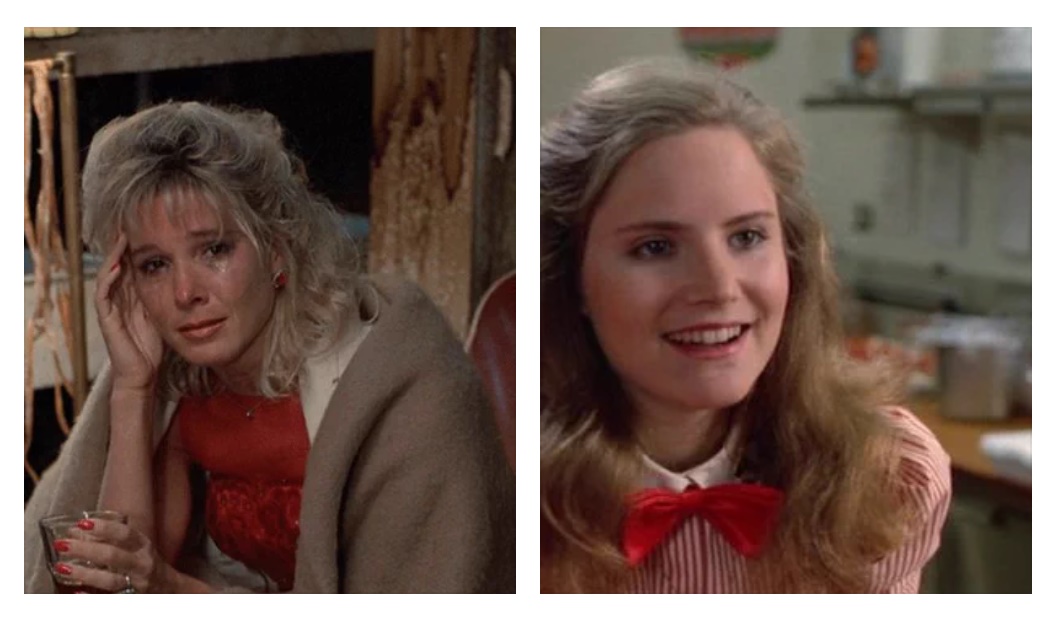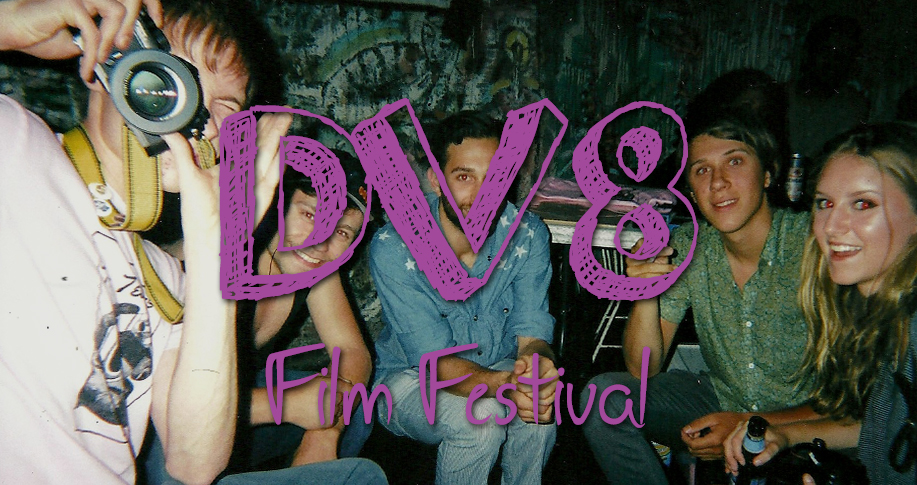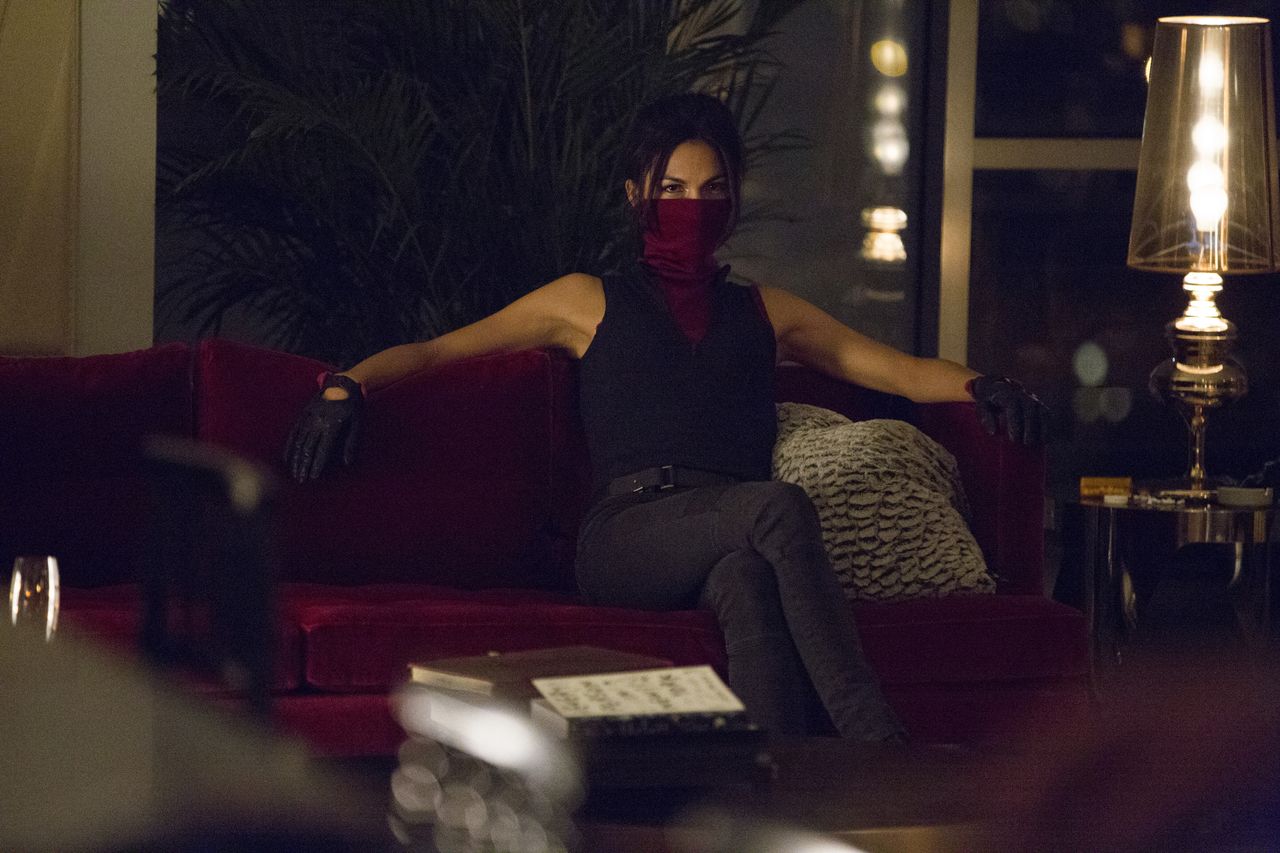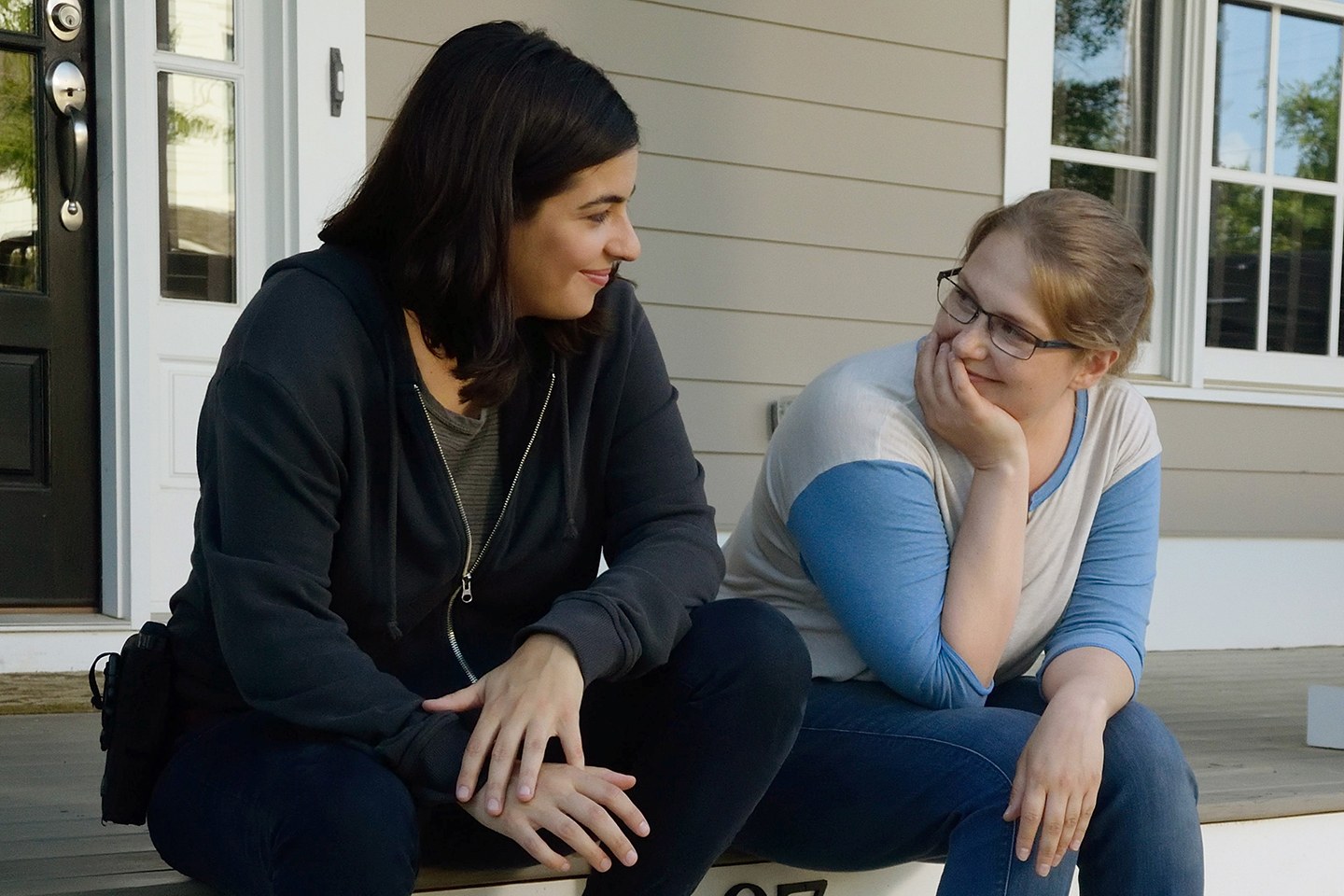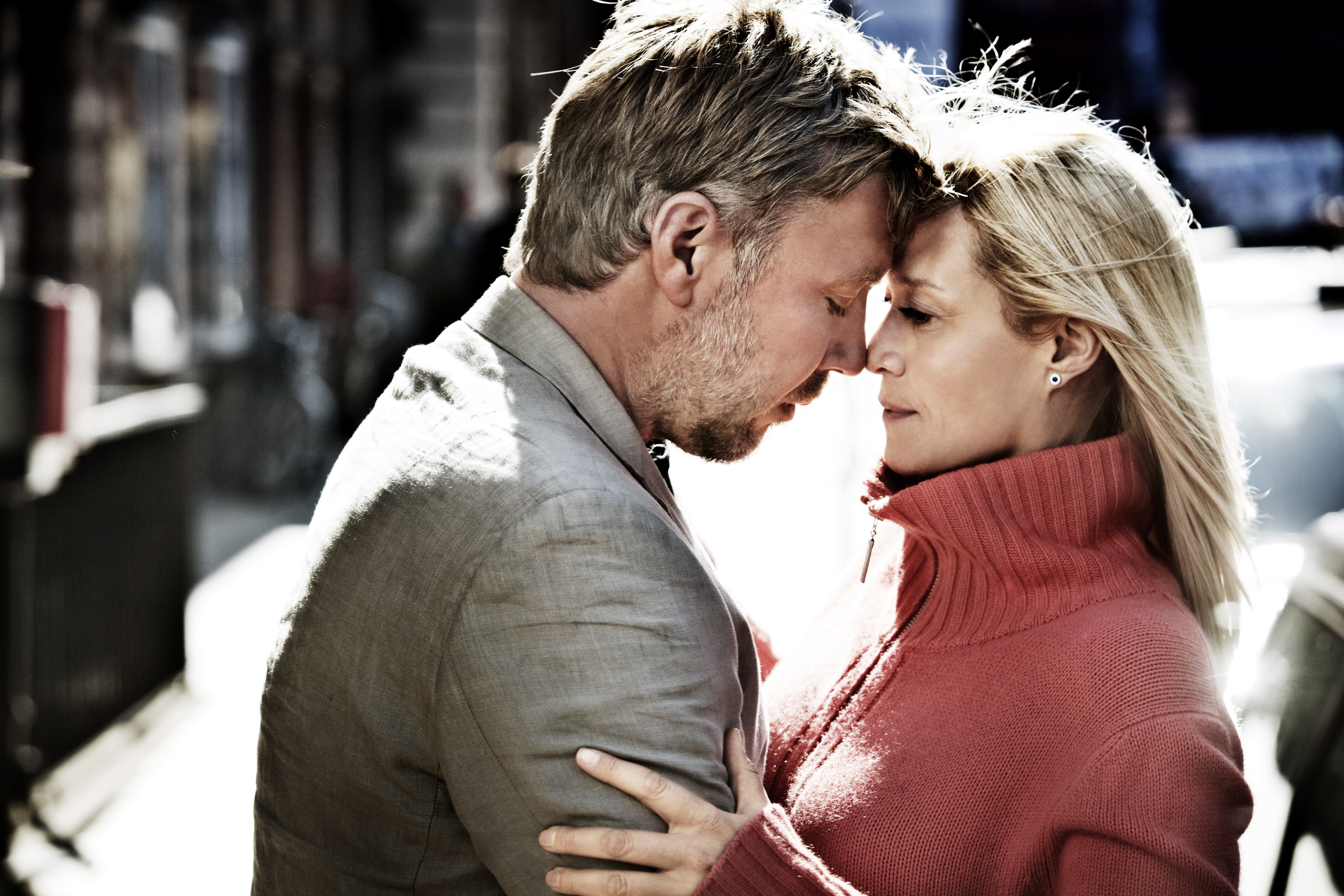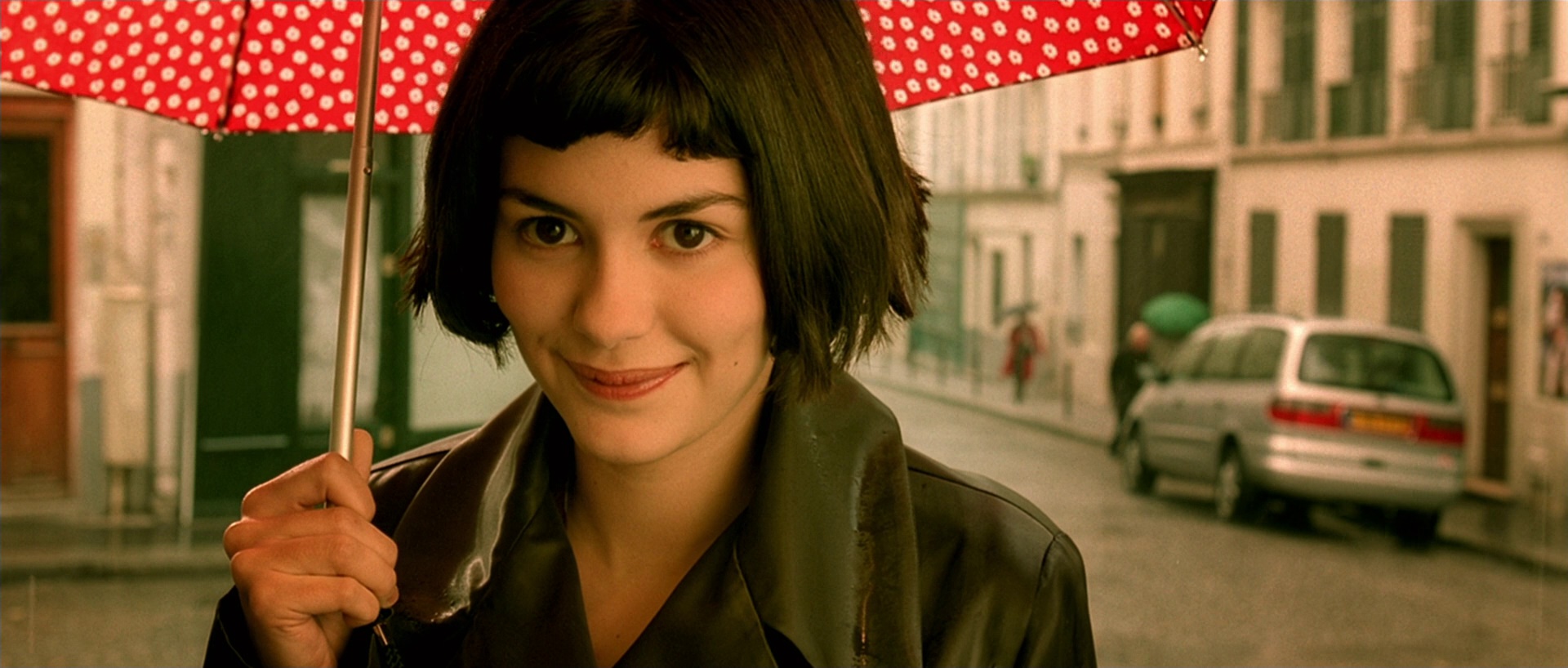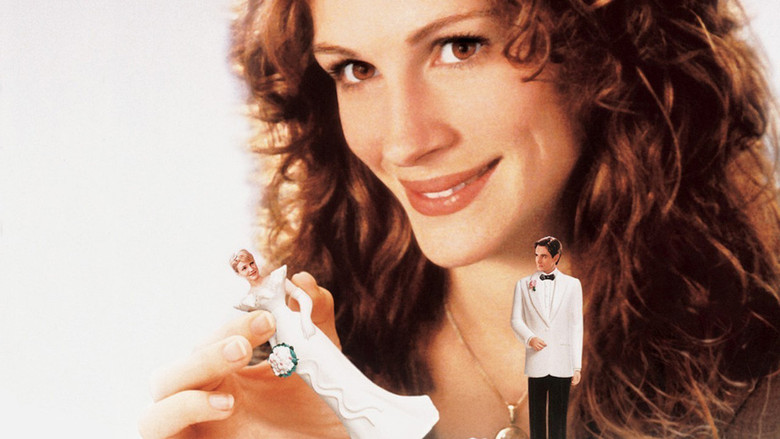Historical vs. Modern Abortion Narratives in ‘Dirty Dancing’ and ‘Fast Times at Ridgemont High’
Given this climate, it is somewhat surprising that two mainstream Hollywood films, ‘Dirty Dancing’ and ‘Fast Times at Ridgemont High,’ would take progressive approaches to a topic like reproductive justice. While ‘Dirty Dancing’ remembers the realities of abortion pre-Roe v. Wade and illustrates the role that class plays in access to abortion, ‘Fast Times at Ridgemont High’ shows a main character who exercises her right to choose without trauma or punishment, while managing to keep a relatively light tone.
